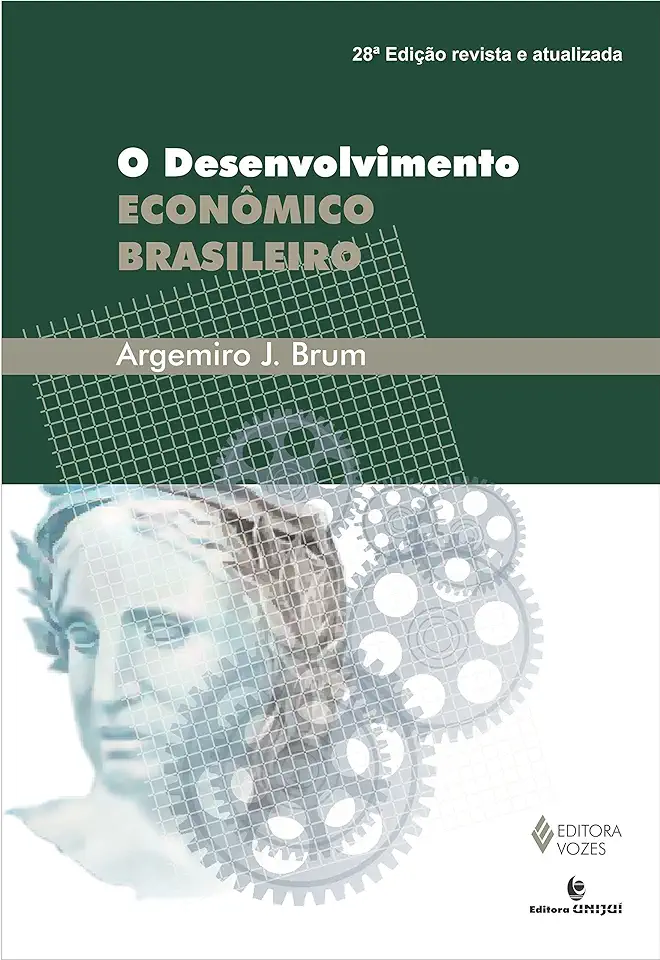
The Economic Development of Brazil - Argemiro J. Brum
The Economic Development of Brazil: A Journey of Transformation
Introduction
Brazil, the largest country in South America, has undergone a remarkable journey of economic development over the past few decades. From a struggling economy plagued by hyperinflation and political instability, Brazil has emerged as a global powerhouse, boasting a vibrant economy and a significant role in the international arena. This transformation is a testament to the resilience and determination of the Brazilian people, as well as the sound economic policies implemented by successive governments.
A Historical Perspective
Brazil's economic development has been shaped by a series of historical events and policies. During the colonial period, Brazil was primarily an agrarian economy, heavily dependent on the export of commodities such as sugar, coffee, and gold. This dependence on a few primary products made the economy vulnerable to fluctuations in global prices.
In the 19th century, Brazil experienced a period of rapid industrialization, fueled by the growth of the textile, steel, and automobile industries. However, the country's economy remained largely closed to foreign trade and investment, hindering its potential for growth.
The Economic Miracle
The turning point in Brazil's economic development came in the 1960s and 1970s, when the country experienced a period of rapid economic growth known as the "economic miracle." During this time, Brazil adopted a series of policies aimed at promoting industrialization, attracting foreign investment, and modernizing the agricultural sector. The result was a period of unprecedented economic growth, with GDP growth rates averaging over 10% per year.
Challenges and Setbacks
Despite the economic miracle, Brazil faced significant challenges in the 1980s and 1990s. The country was burdened by a heavy debt load, high inflation, and political instability. These challenges led to a period of economic stagnation and decline.
Reforms and Recovery
In the early 2000s, Brazil embarked on a series of economic reforms aimed at addressing the challenges of the previous decades. These reforms included fiscal discipline, privatization of state-owned enterprises, and trade liberalization. The result was a period of renewed economic growth and stability.
Brazil's Role in the Global Economy
Today, Brazil is a major player in the global economy. The country is a leading producer and exporter of agricultural products, minerals, and manufactured goods. Brazil is also a significant market for foreign goods and services. The country's growing economic power has given it a greater voice in international affairs, and it is now a member of the G20, a group of the world's leading economies.
Conclusion
The economic development of Brazil is a story of resilience, determination, and sound economic policies. From a struggling economy to a global powerhouse, Brazil has come a long way. The country's journey is an inspiration to other developing nations, demonstrating that economic transformation is possible through a combination of sound policies, hard work, and a commitment to progress.